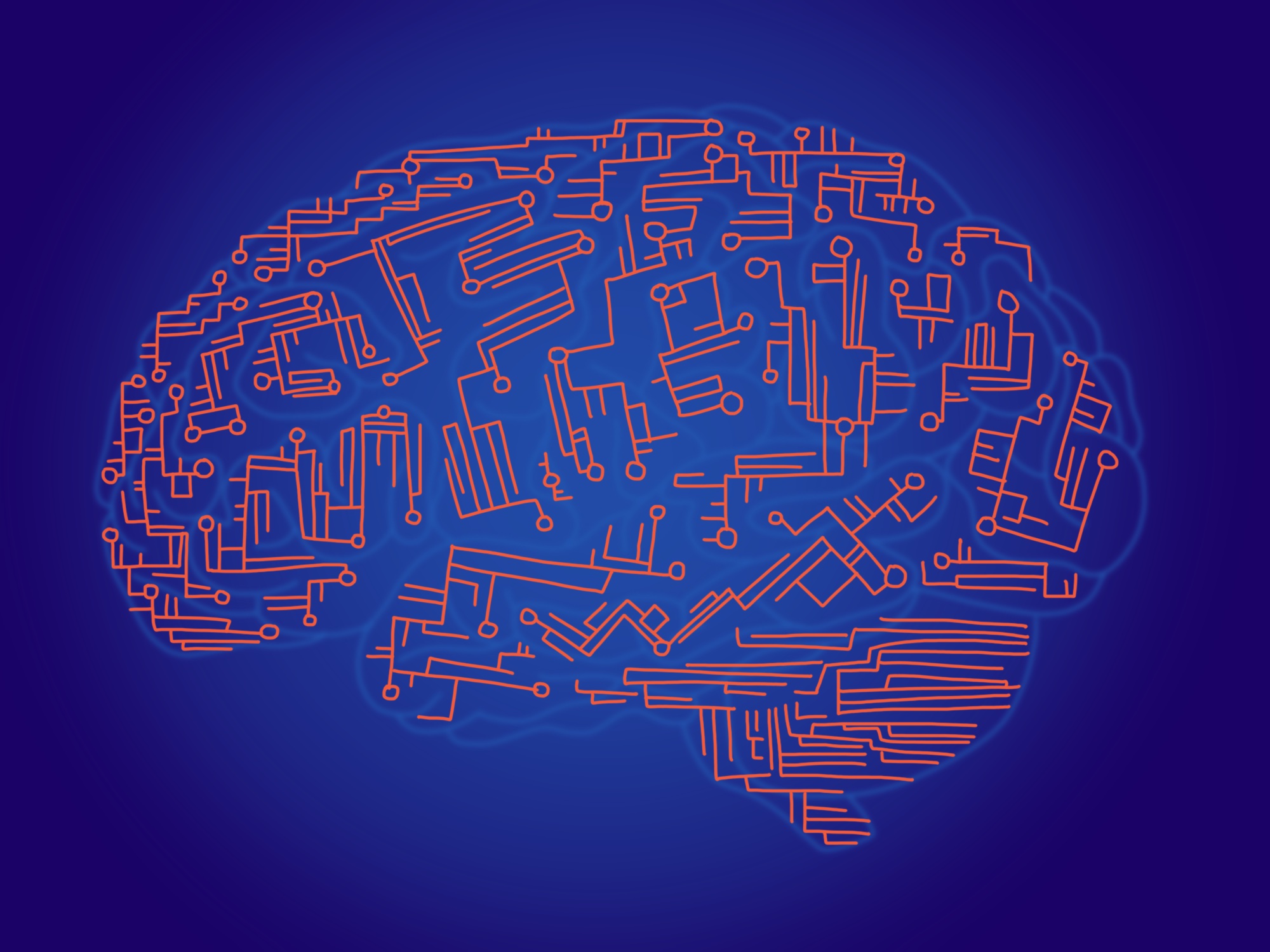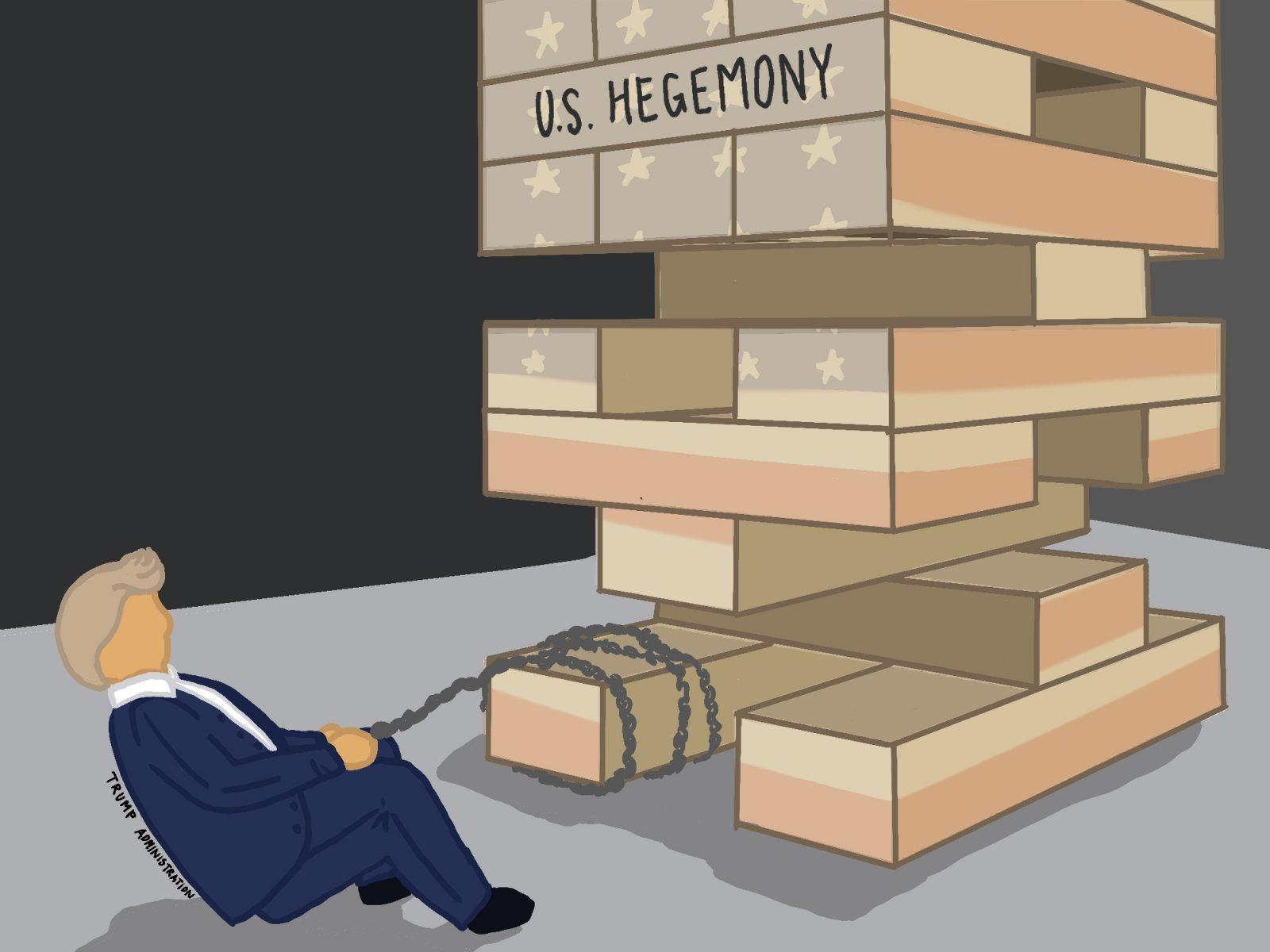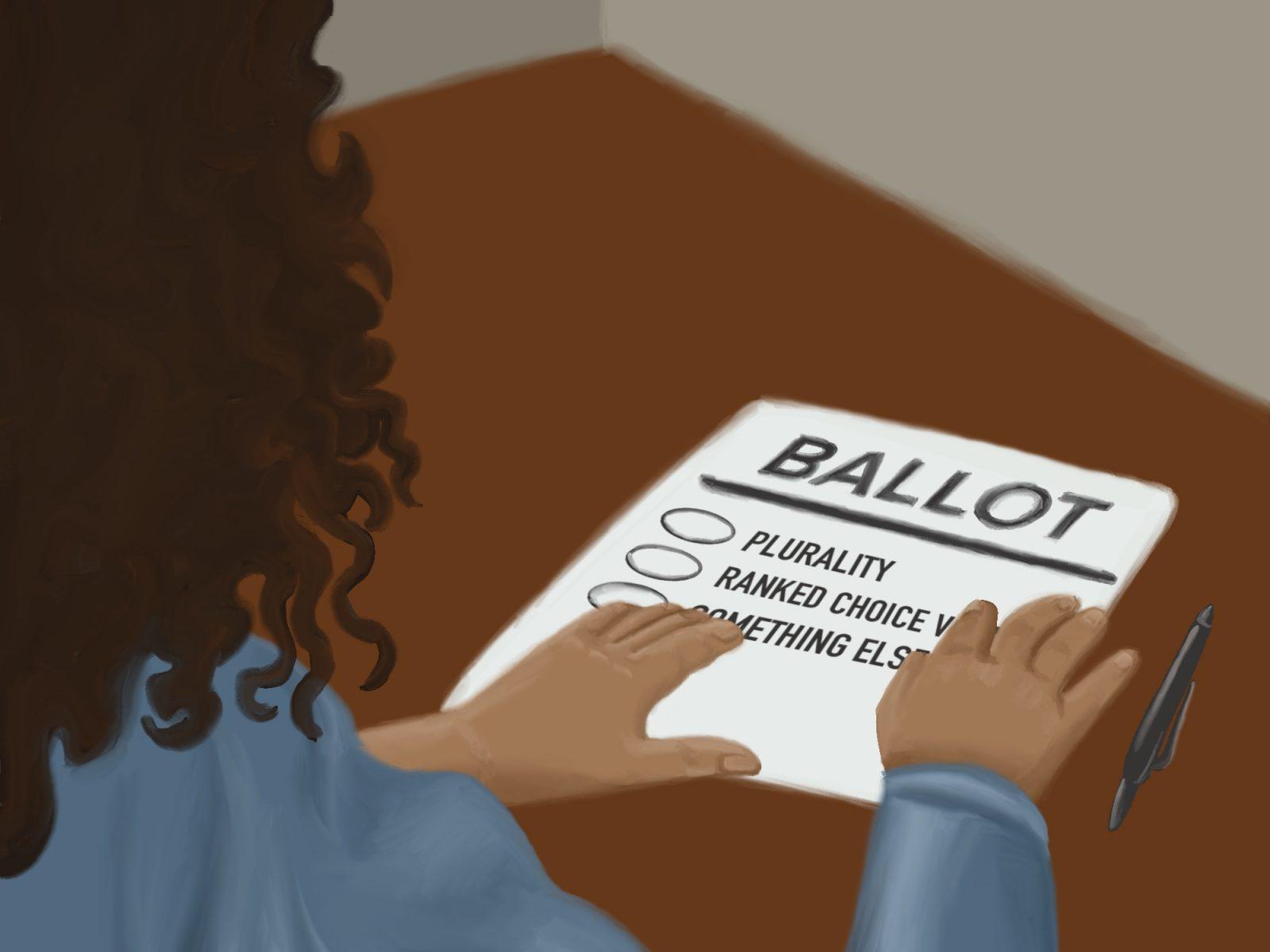Artificial Intelligence (AI) has become the latest buzzword in markets and politics, but is it because of innovation or speculation?
Surely I am not the only one who knows the story of “Romeo and Juliet,” but hasn’t read the entire play, right? While upcoming generations have the power of generative AI programs like ChatGPT to summarize Shakespeare’s stories, I grew up learning its story from my one-true-pairing: Wall-E and Eve.

Truthfully, these two could be seen as generative AIs to some level — albeit more developed ones 200 years in the future. But until that robot-star-crossed couple can fulfill their love, what is generative AI’s current status — and what does it have to do with the economy?
While it’s important to remember that the stock market isn’t an indication of the economy, it’s safe to say that its recent growth is possibly a good sign for the economy. The S&P 500, the collection of the 500 biggest US companies, recently surpassed a record high evaluation of 5,000, emphasizing investors’ confidence in our economic growth.
The biggest contributor to this recent growth is undeniably attributed to technology. Optimism in technology has always been present, but within the past year, tech companies of all kinds, from chip-makers like Nvidia and AMD, to innovation companies like Google and Microsoft, have skyrocketed in valuation at an unexpected level – to the extent that Wall Street describes them as “overpriced.”
The biggest reason for this launching rocket? The big, overblown hype-word: AI.
Companies have employed this word into their objectives, almost as a cheat code that propels their company’s worth. Even photo editing tools are now powered by AI. This photo to sketch ai free resource, for example, can convert photos into sketches.
But will the prophecy of ‘what goes up, must come down’ end up fulfilling itself?
Tech companies are going through a series of struggles. ChatGPT has seen a noticeable decrease in users since its peak back when buzz was high in early 2023. Major groups like Google, Microsoft, Unity, Amazon, Intel, etc., have reduced their workforce by considerable sizes through layoffs.
The federal government has made AI one of their next targets in regulations. Foreign competition has affected the semiconductor scene, forcing American companies like Nvidia to raise the bar to match.
All of this to say, AI does not have the most guaranteed future. So why are investors so confident in its future success? Generative AI can undeniably be a tool to cut menial work like summarizing long papers, creating presentations, etc. But I fear that its actual worth isn’t as high as these investors believe it is.
Economists like University of Pennsylvania’s Dr. Jeremy Sigel warn that there are “signs of ‘overspeculation,’” but not entirely yet a bubble.
The punch line of this story? Naturally, it’s to ask how any of this may have to do with us.
Well, since we’re on the topic of the stock market, Representative Nancy Pelosi’s infamous personal stock tradings have recently included a major bet on Nvidia’s rise — netting a 125% increase in value since buying them.
This can lead to two conclusions, depending on the kind of person you are. One could see this as an indication to make a certain financial decision (legally, I cannot recommend you do anything). Another person could see this as a call for further questioning on the morality of our own congresspeople.
Insider trading has been a major subject of scrutiny on members of Congress, accusers of whom argue that illegal and deceptive tactics are being used as secret lobbying and abuses of power.
Another conclusion can fit the AI doomsday supporters, where generative AI is a step towards AI completely overpowering human intelligence. Thousands of people signed an open letter calling for a pause in generative AI development while rules are laid out on its development.
While I can’t support this idea fully, given ChatGPT is still “hallucinating,” telling me that my cookies need 50 cups of sugar, and Midjourney still doesn’t know how many fingers a human has, I can certainly see the potential for major AI growth. But I think in the meantime, we should be safe.
At the end of the day, we’ll still be going to sleep safe and sound, especially knowing that Wall-E and Eve are still in development. But in the meantime, we have to bear in mind that AI isn’t a magical solution to any of the problems happening. In fact, it’s causing layoffs, foreign conflicts, moral qualms and an increase in doomsday enthusiasts — all of which are actively harming the average citizen.
AI has to be carefully considered, rather than fully supported with no looking back. At the same time, we need to also consider whether this was written with ChatGPT’s help.






























































































































